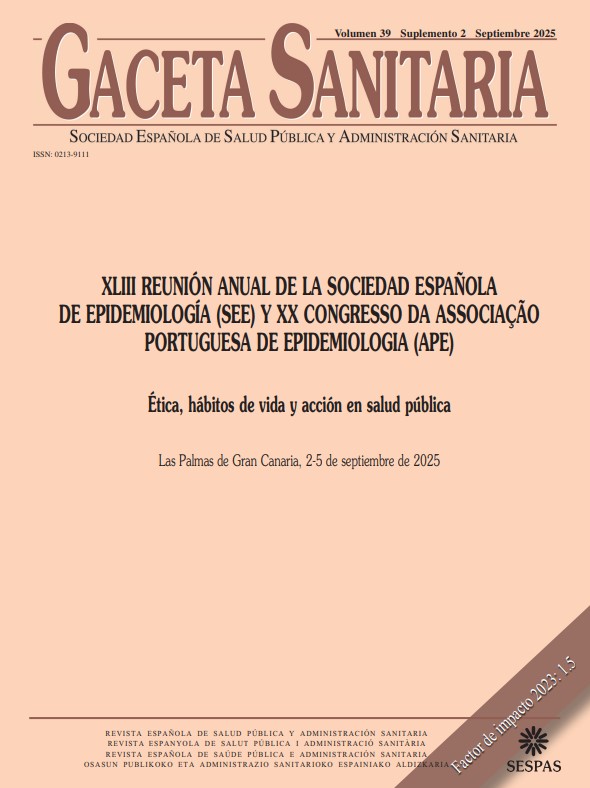798 - DETERMINANTS OF HEALTH-RELATED QUALITY OF LIFE IMPROVEMENT IN ATRIAL FIBRILLATION PATIENTS: A PREDICTIVE MODEL FROM THE PREDIMAR TRIAL
Department of Preventive Medicine and Public Health, University of Navarra; Electrophysiology Laboratory and Arrhythmia Unit, HM CIEC Madrid, Hospital Universitario HM Montepríncipe; Instituto de Investigación Sanitaria HM Hospitales; Arrhythmia Unit, Department of Cardiology and Cardiac Surgery, Clínica Universidad de Navarra; Biosanitary Research Institute of Granada (ibs.GRANADA), Virgen de las Nieves University Hospital; CIBER Fisiopatología de la Obesidad y Nutrición, Instituto de Salud Carlos III.
Background/Objectives: Patients with atrial fibrillation (AF) often experience significantly reduced health-related quality of life (HRQoL) as compared to the general population. This study aimed to develop and test a stepwise predictive model for HRQoL improvement in AF patients following catheter ablation after 1-year.
Methods: The PREvention of recurrent arrhythmias with Mediterranean diet (PREDIMAR) study is a 2-year, multicenter, randomized, controlled, single-blinded trial assessing an intervention with Mediterranean diet enriched with extra virgin olive oil versus no dietary intervention on atrial tachyarrhythmia recurrence after catheter ablation. HRQoL was assessed at baseline and 1-year post-ablation using SF-36 Survey, considering both Physical (PCS) and Mental (MCS) Component Summary scores. A stepwise (backward) binary logistic regression with 10-fold cross-validation was implemented to estimate the probability of HRQoL improvement one-year post-ablation, based on clinical, lifestyle, and sociodemographic variables. Model performance was evaluated using the area under the curve (AUC) ROC and calibration tests.
Results: Out of the 720 patients in the trial, 698 were included in this subanalysis (mean age: 60.6 years; 23.78% women). PCS score improvement was explained by the following variables: baseline PCS, number of AF events in the year before the ablation, time since diagnosis, asymptomatic status, gait velocity, sex, university education, olive oil as the main fat source, engaging in social sports, and spending time with friends (AUC: 0.805). Improvement in the MCS score was explained by baseline MCS, intervention group, marital status, asymptomatic status, frequent consumption of sofrito, and low intake of red meat and bakery products (AUC: 0.856).
Conclusions/Recommendations: HRQoL improvement in AF patients following ablation is influenced not only by disease-related factors but also by sociodemographic, dietary and lifestyle variables. Key modifiable predictors, including diet, physical activity, and social engagement, could be targeted to optimize HRQoL outcomes in this population.
Funding: Instituto de Salud Carlos III (PI17/00718, PI17/00748, PI17/01870). Spanish Society of Cardiology (FEC/2016).















